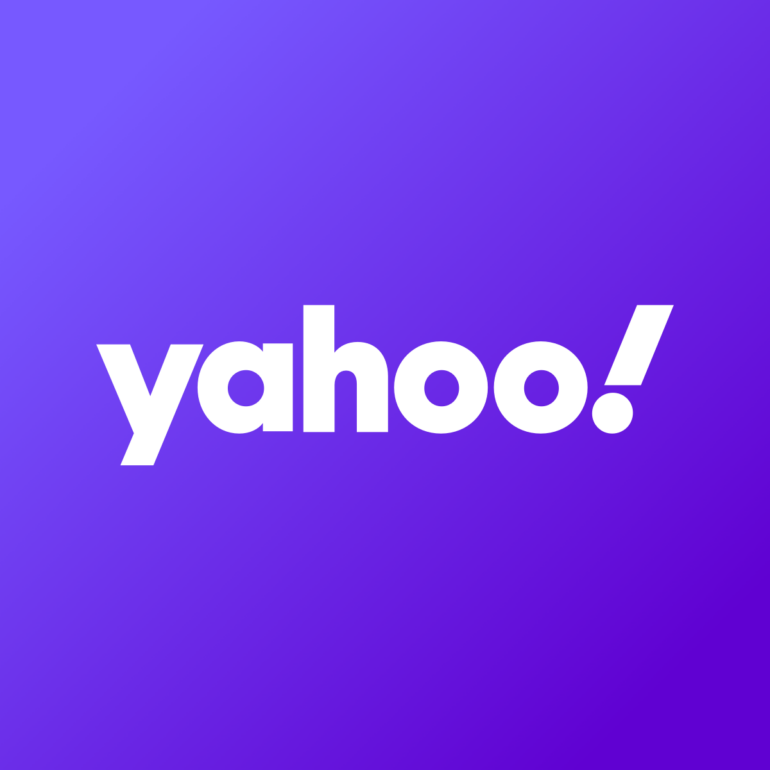Before Tuesday’s presidential election race was even called, Florida State Rep. Ashley Gantt decided to go to bed.
“I went home and did not watch anything. I would rather have a last moment of peace,” she said. She went to sleep Tuesday night hoping for a win for Vice President Kamala Harris. The next morning, Gantt looked at her group chats and learned former president Donald Trump will be the next president of the United States.
On Thursday, when she spoke to the Miami Herald, she was still numb from the loss.
For many Black women in South Florida, Harris’ defeat was a painful reminder of how Black women are treated in society. They see her as another case of an overqualified Black woman being overlooked for a position and lament what they see as a continued lack of progress for women in general and Black women specifically.
Exit polling data from the Washington Post shows that 91% of Black women voted for Harris and only 7% voted for Trump. And in Florida, exit polls show that 88% of Black women voted for Harris. Trump didn’t capture that large of a share of any demographic, according to the exit polls. Black women were fired up about Harris; for some she represented a generational opportunity to see a Black woman rise to the country’s highest office.
So to many Black women, this defeat really stings.
To Gantt, Harris’ loss puts on full display that Black women are constantly met with unfair expectations.
“We have to be twice as good for half as much,” Gantt said. “Now, Black women will stop being gaslit by society when we say we have to work twice as hard and we have to be overqualified.”

Gantt’s lament is exemplified when looking at Black women’s earnings. According to nonpartisan think tank Pew Research Center, Black women earned 70% of what white men were making in 2022. Only Hispanic women earned lower, making 65% of what white men make; white women and Asian women earned 83% and 93% of what white men make, respectively.
Delray Beach resident Shontell Jackson had stayed up through the night waiting to see if Vice President Harris would win. Jackson, who is originally from Chicago, said she’s generally an optimistic person. “But as much as we have our faith, and we’re optimistic about her winning, when I saw [the results] I said, ‘they just handed it to him.’ You have a genuine, educated, proven woman here. You can’t get much better than what this woman was representing,” she said, echoing Gantt’s sentiments.
“I feel like they just handed him a deck of cards and said play with the world,” she continued,” because that’s what he’s about to do.”
RELATED: Trump won Miami-Dade, once solidly blue, with significant support from Hispanics
‘What we are as a people’
For U.S. Rep. Frederica Wilson the results were sobering: “I’m scratching my head and trying to figure out is it so hard to vote for a woman? Is it so difficult for you to vote for a Black woman?,” she told the Herald on Friday morning.
Gantt and Wilson each rattled off concerns that occurred under Trump’s first administration, including the Jan. 6 insurrection at the Capitol that caused legislators, including Wilson, to hide inside, and the 1.2 million people who died during the COVID-19 pandemic.
“It’s shining light on what our nation really is and what we are as a people,” she said, of the election outcome. “I’m disappointed. I never would’ve predicted it. And he won the popular vote. That is amazing.”

Wilson said she was decked out in pink and green from head to toe, an homage to her and Harris’ sorority, Alpha Kappa Alpha, and had stood outside Howard University with her daughter Tuesday evening to await a speech from Harris.
When they later learned Trump was declared the winner, Wilson said she and her daughter held each other and cried.
During her concession speech Wednesday at her alma mater Howard University, Harris vowed to continue the fight that fueled her campaign. “The outcome of this election is not what we wanted, not what we fought for, not what we voted for, but hear me when I say the light of America’s promise will always burn bright, as long as we never give up and as long as we keep fighting.”
Wilson agreed. “Now we have to fight. We have to fight for our freedom. We have to fight for liberty, we have to fight for justice.”
Wilson worries the future administration will follow through with proposals like eradicating the Department of Education and getting rid of the Affordable Care Act, often referred to as Obamacare, noting that both were essential in growing the Black middle class. Apart from the concerns of Black residents, Wilson said she was worried for South Florida’s large immigrant community who are at risk of mass deportation.
As many as a million Floridians could be expelled from the country under a mass deportation plan under Trump’s presidency, according to a report released by a Washington think tank and immigration advocacy group The American Immigration Council, the Herald reported last month. That number is roughly 5% of the state’s population and could mean industries such as agriculture and construction could face job shortages and increased inflation.
RELATED: A million Floridians would be kicked out under Trump’s mass deportation plans, report says
“Their families should be frightened today,” Wilson said. “I think in the second term, he’s going to follow through on trying to deport as many people as he can.”
Not ready for a woman, much less a Black woman
Florida State Sen. Rosalind Osgood was more at ease a day after the election, saying that Harris ran a good campaign in the few months she had, saying she felt a renewed strength in continuing her advocacy. “We have to continue to fight, we have to continue to lift our voice,” she said.
Still, she acknowledged that America isn’t ready to elect a woman president.
“We have to be honest. Most people are not ready for a woman president,” she told the Herald a day after the election. “We saw that with Hillary [Clinton], and certainly not a black woman as president. That is a harsh reality. Once we can hit ourselves in the face with the truth, then we change our strategies about how we move forward.”

Wilson also felt like voters took less issue with Harris’ policies while her gender was a real concern. “I’m a woman of the people, so I talk to a lot of people, and I had a man to say to me that he went to the polls to vote, and he just couldn’t do it,” she said, adding the man was white. “Even though he knew the alternative, and even though he knew the danger of the alternative, he couldn’t see himself voting for a Black woman to be the president of the United States. He didn’t say anything about the economy, or about the two wars, or about healthcare, or Project 2025, nothing. It was just tattooed in his brain that the president should be a man.”
Jackson echoed those sentiments, saying she knew of two other people who said they voted for Trump because they didn’t want to vote for a woman – and in one case specifically a Black woman – for president. Among the 193 United Nation member states, 60 have had women leading their countries, according to nonpartisan think tank Pew Research Center. As of now, 13 countries are spearheaded by women.
“I think that Kamala Harris gave us a glimpse of possibility that we had never seen,” Osgood said, “and I think we have to hold on to that glimpse and continue to pursue what we know we should be, not what people are allowing us to be.”
Osgood acknowledged, however, the damaging trope of the strong Black women. “We’re known as superwomen, to be strong, to be resilient. And although that is good, it’s also bad because those labels and stigmatization allows America as a whole to have unrealistic expectations of Black women, while simultaneously marginalizing us and devaluing our experiences as Black women.,” she said.
Wilson urged Black women who may feel defeated to stick together. “We’ve got to bond together. We can’t be picked off one by one. We’ve got to be prepared to fight for our children and families,” she said.
Similarly, Gantt urged Black women to lean in on their kinship with other Black women and take time for self care. “I don’t have to be a superwoman for anyone. I don’t have to show up for anybody. I just need to be there for me and hold space for the other Black women who are actively grieving this loss,” she said.
Osgood said it’s important Black women continue to strive to lead: “We have to continue to upset the reality of America by making sure that two or three of us have a seat at the table.”
EMEA Tribune is not involved in this news article, it is taken from our partners and or from the News Agencies. Copyright and Credit go to the News Agencies, email news@emeatribune.com Follow our WhatsApp verified Channel





